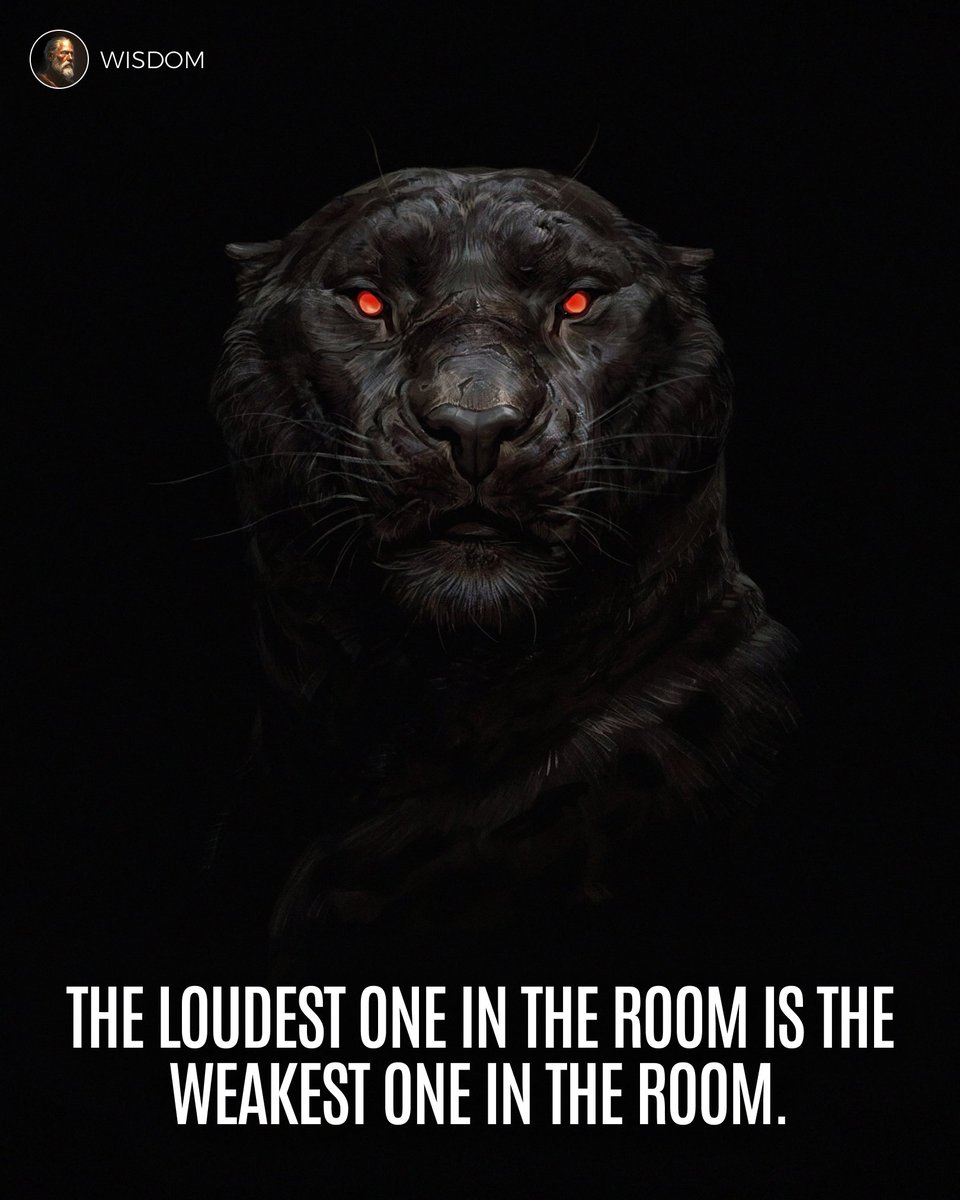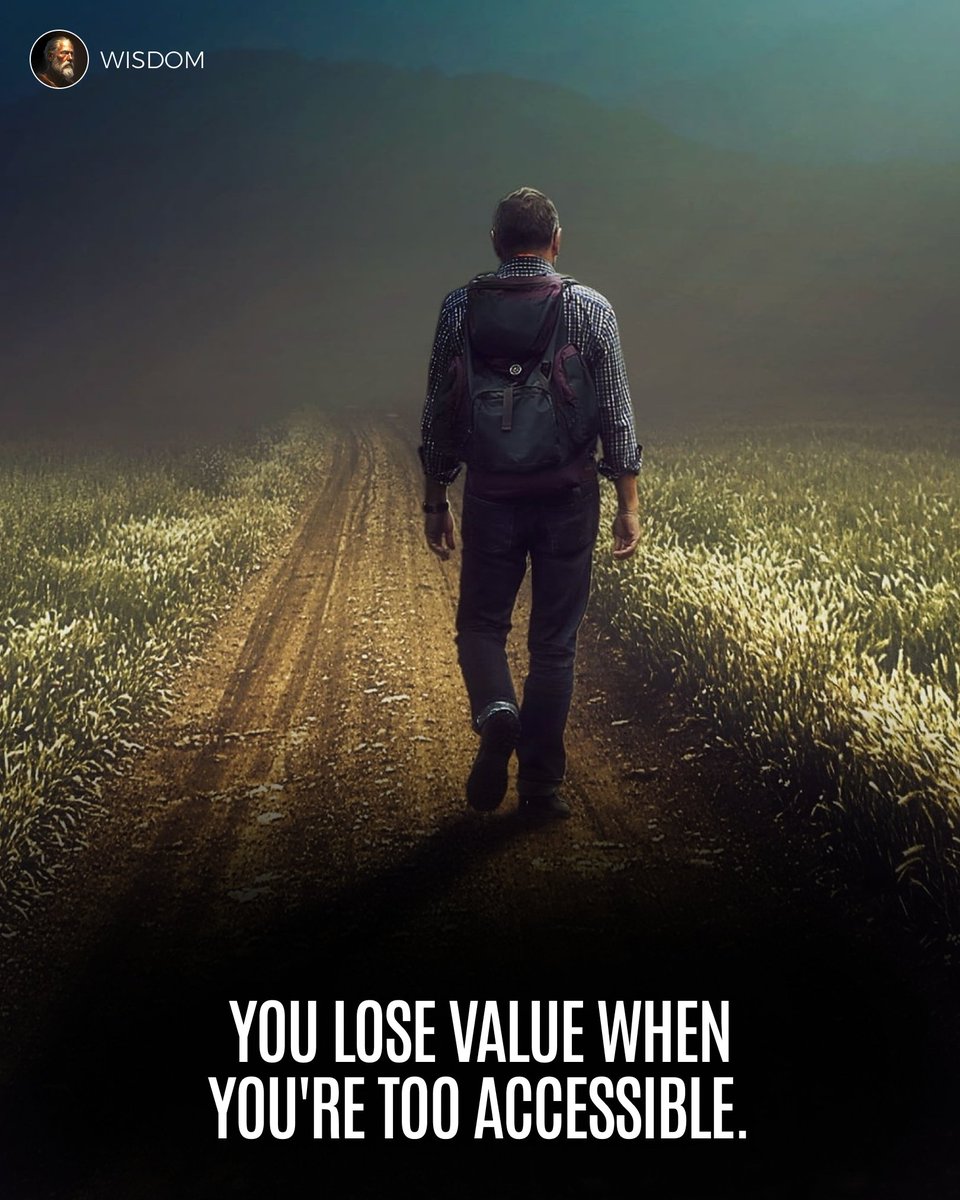A ton of learnings from the conversation between @jackbutcher and @bzaidi on Creator Lab
40+ takeaways 👇
You no longer need a huge audience to make a living.
1000 true fans to 100 true fans.
When you find that one person who loves what you do, double down on whatever you're doing for them.
Aim to do one thing really well for one specific kind of person.
That never happens when you work on something for a company. You might do the same work, but you never get to share.
When you see it that way, you're not working for free.
It doesn't matter how big your reach is if no one will buy.
Start showing how you solve that problem, the approach you take, and what you produced.
Solve the problem for another person, and repeat.
Then find a way to solve that problem at scale.
Well, if you find something successful, it might not be a bad place to be stuck.
Building an audience also gives you opportunities if you've been authentic along the way.
That doesn't go away when you move to different things.
There are lots of different ways to take part in the creator economy.
You can use the process to create more results (products).
Eventually, you can sell the process too.
It becomes the product.
Using your skills and building something is a hedge against the uncertainty of losing that provider.
You don't want to spend too much time on it, but a great name is a competitive advantage.
A great name positions your product in alignment with the value it provides. Fast.
@david_perell
• Personal monopoly
• Age of abundance
• Niche fame
@nntaleb
• Antifragility
• Fooled by randomness
• Skin in the game
Some examples of people doing it well:
• @david_perell
• @APompliano
• @polina_marinova
• @JoePompliano
• @fortelabs
The only thing you should be thinking about: why should people care?
Copy, design, any communication: why should they care?
People are loyal because they want to consume the specific type of stuff you're producing.
If you have a product with zero cost of replication, it's a great way to do something good.
Take advantage of sharing each other with your respective audiences.
This can also work with building products together.
Make sure you share values.
Pick your friends the same way.
It's more intimate.
Pick the platforms that make sense for the audience you want to reach.
What can you remove to make it better?
1. Someone didn't like it
2. Someone thought it was fine
3. Someone liked it
4. Someone absolutely loved it
Try only to create the fourth type.
More from All
You May Also Like
Imagine for a moment the most obscurantist, jargon-filled, po-mo article the politically correct academy might produce. Pure SJW nonsense. Got it? Chances are you're imagining something like the infamous "Feminist Glaciology" article from a few years back.https://t.co/NRaWNREBvR pic.twitter.com/qtSFBYY80S
— Jeffrey Sachs (@JeffreyASachs) October 13, 2018
The article is, at heart, deeply weird, even essentialist. Here, for example, is the claim that proposing climate engineering is a "man" thing. Also a "man" thing: attempting to get distance from a topic, approaching it in a disinterested fashion.

Also a "man" thing—physical courage. (I guess, not quite: physical courage "co-constitutes" masculinist glaciology along with nationalism and colonialism.)

There's criticism of a New York Times article that talks about glaciology adventures, which makes a similar point.

At the heart of this chunk is the claim that glaciology excludes women because of a narrative of scientific objectivity and physical adventure. This is a strong claim! It's not enough to say, hey, sure, sounds good. Is it true?
It's much more powerful than you think
9 things TradingView can do, you'll wish you knew yesterday: 🧵
Collaborated with @niki_poojary
1/ Free Multi Timeframe Analysis
Step 1. Download Vivaldi Browser
Step 2. Login to trading view
Step 3. Open bank nifty chart in 4 separate windows
Step 4. Click on the first tab and shift + click by mouse on the last tab.
Step 5. Select "Tile all 4 tabs"
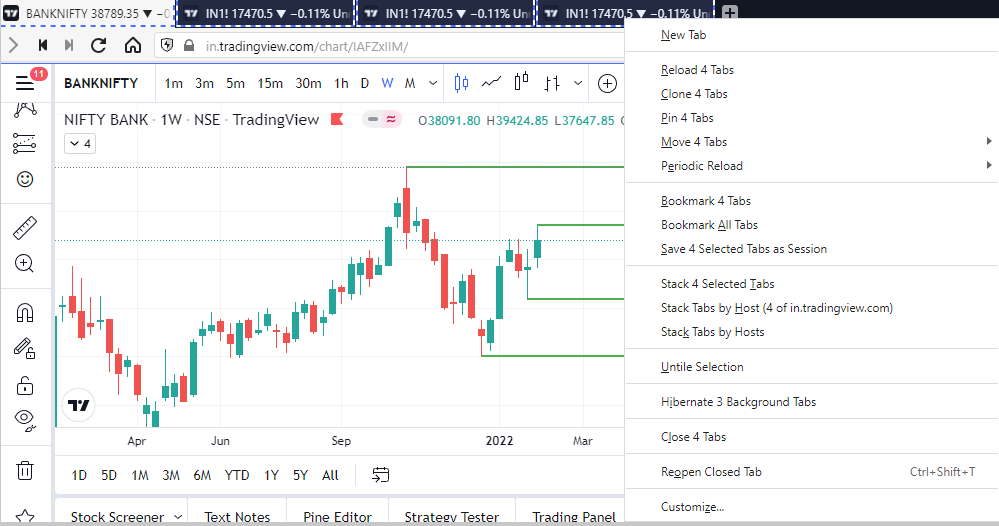
What happens is you get 4 charts joint on one screen.
Refer to the attached picture.
The best part about this is this is absolutely free to do.
Also, do note:
I do not have the paid version of trading view.
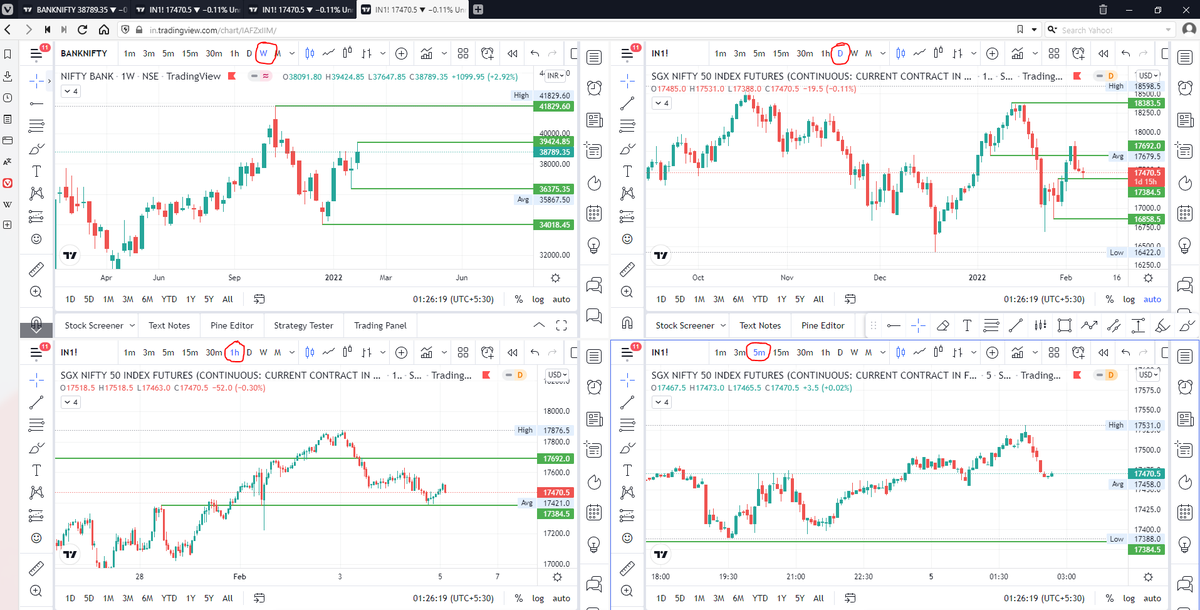
2/ Free Multiple Watchlists
Go through this informative thread where @sarosijghosh teaches you how to create multiple free watchlists in the free
\U0001d5e0\U0001d602\U0001d5f9\U0001d601\U0001d5f6\U0001d5fd\U0001d5f9\U0001d5f2 \U0001d600\U0001d5f2\U0001d5f0\U0001d601\U0001d5fc\U0001d5ff \U0001d604\U0001d5ee\U0001d601\U0001d5f0\U0001d5f5\U0001d5f9\U0001d5f6\U0001d600\U0001d601 \U0001d5fc\U0001d5fb \U0001d5e7\U0001d5ff\U0001d5ee\U0001d5f1\U0001d5f6\U0001d5fb\U0001d5f4\U0001d603\U0001d5f6\U0001d5f2\U0001d604 \U0001d602\U0001d600\U0001d5f6\U0001d5fb\U0001d5f4 \U0001d601\U0001d5f5\U0001d5f2 \U0001d5d9\U0001d5e5\U0001d5d8\U0001d5d8 \U0001d603\U0001d5f2\U0001d5ff\U0001d600\U0001d5f6\U0001d5fc\U0001d5fb!
— Sarosij Ghosh (@sarosijghosh) September 18, 2021
A THREAD \U0001f9f5
Please Like and Re-Tweet. It took a lot of effort to put this together. #StockMarket #TradingView #trading #watchlist #Nifty500 #stockstowatch
3/ Free Segregation into different headers/sectors
You can create multiple sections sector-wise for free.
1. Long tap on any index/stock and click on "Add section above."
2. Secgregate the stocks/indices based on where they belong.
Kinda like how I did in the picture below.
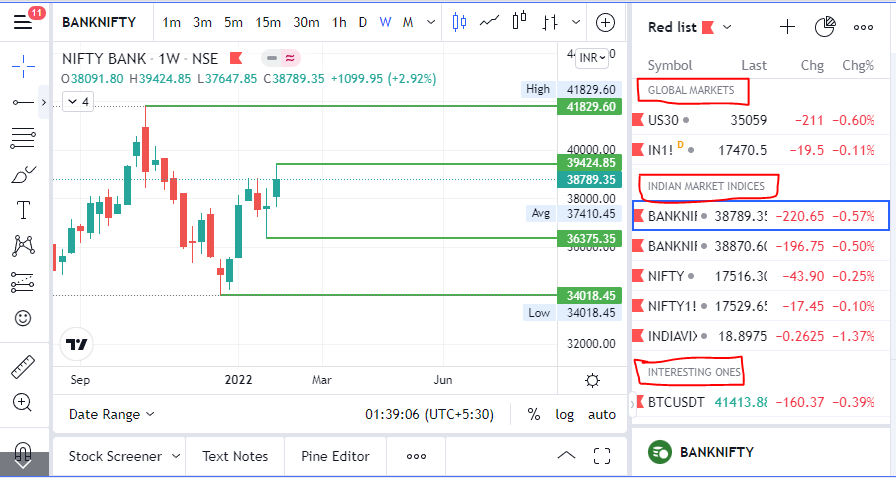
Beautifully read: why bookselfies are all over Instagram https://t.co/pBQA3JY0xm
— Guardian Books (@GuardianBooks) October 30, 2018
THEY DO READ THEM, YOU JUDGY, RACOON-PICKED TRASH BIN

If you come for Bookstagram, i will fight you.
In appreciation, here are some of my favourite bookstagrams of my books: (photos by lit_nerd37, mybookacademy, bookswrotemystory, and scorpio_books)














